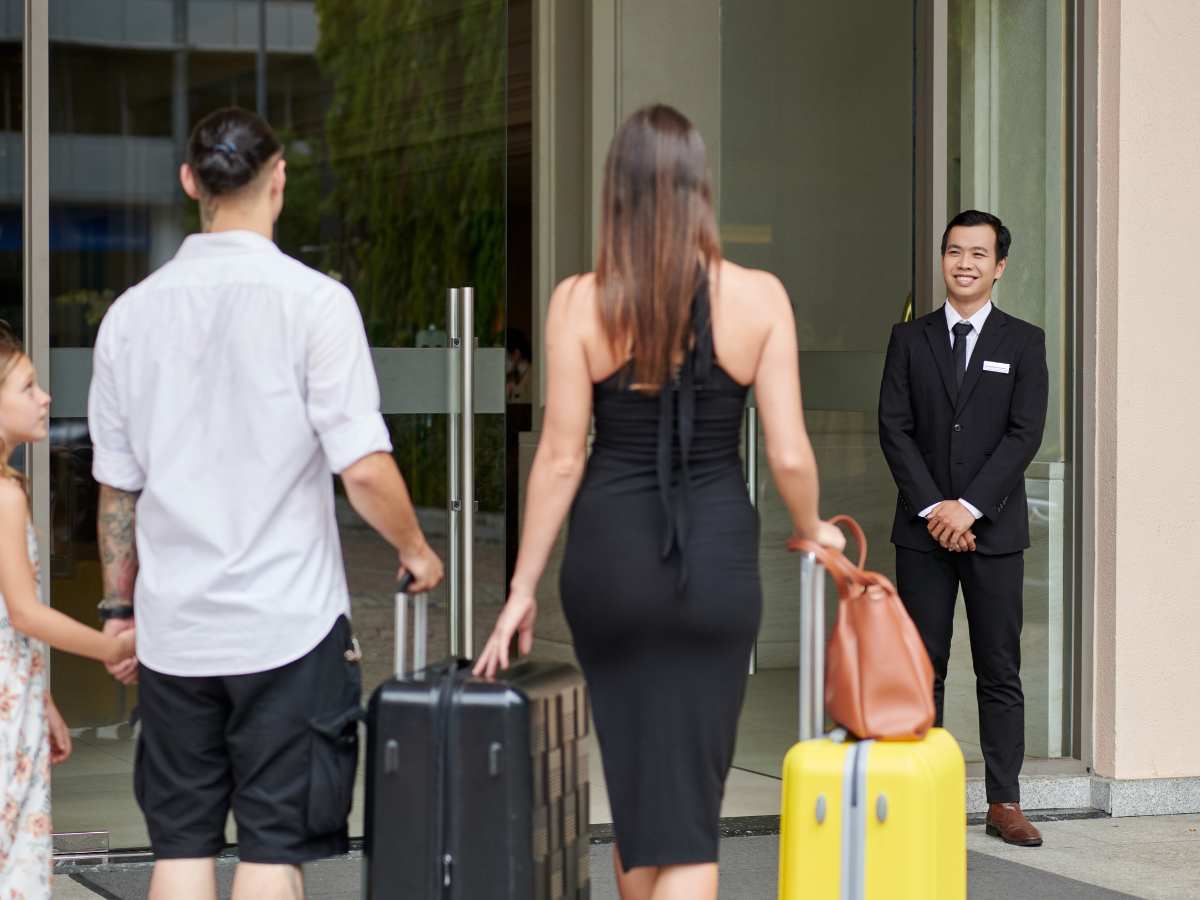We Are Now Hiring!
Apply Now
Menu
- Home
- Company
- Security Services
- Commercial Security
- Home Security
- Hotel Security
- Hospital Security
- Keeping Employees, Guests, & Products Safe With Supply Chain Security
- Campus Security
- Event Security Services for Functions Across Southern California
- Hospital Security Guard Services in Southern California
- Medical Security Guard Services in Southern California
- Industrial Security
- Large-Scale Security Coverage With Mobile Patrols
- Retail Center and Shopping Mall Security in Los Angeles, CA
- Fire Watch Security
- Plaza Security Guards for Hire in Southern California
- Types of Guards
- Areas
- Sacramento CA
- Security Services in Sacramento CA
- Commercial Security in Sacramento, CA
- Residential Security in Sacramento, CA
- Hospitality Security in Sacramento, CA
- Medical Building Security in Sacramento, CA
- Industrial Security in Sacramento CA
- Campus Security in Sacramento CA
- Event Security in Sacramento CA
- Mobile Patrol Security in Sacramento CA
- Plaza Security in Sacramento CA
- Los Angeles CA
- Security Service in Los Angeles CA
- Commercial Security in Los Angeles CA
- Residential Security in Los Angeles CA
- Hospitality Security in Los Angeles CA
- Medical Building Security in Los Angeles CA
- Industrial Security in Los Angeles CA
- Campus Security in Los Angeles CA
- Event Security in Los Angeles CA
- Mobile Patrol Security in Los Angeles CA
- Plaza Security in Los Angeles CA
- Orange County CA
- Security Service in Orange County CA
- Commercial Security in Orange County CA
- Residential Security in Orange County CA
- Hospitality Security in Orange County CA
- Medical Building Security in Orange County CA
- Industrial Security in Orange County CA
- Campus Security in Orange County CA
- Event Security in Orange County CA
- Mobile Patrol Security in Orange County CA
- Plaza Security in Orange County CA
- San Bernardino CA
- Security Services in San Bernardino CA
- Commercial Security in San Bernardino CA
- Residential Security in San Bernardino CA
- Hospitality Security in San Bernardino CA
- Medical Building Security in San Bernardino CA
- Industrial Security in San Bernardino CA
- Campus Security in San Bernardino CA
- Event Security in San Bernardino CA
- Mobile Patrol Security in San Bernardino CA
- Plaza Security in San Bernardino CA
- San Diego CA
- Security Services in San Diego CA
- Commercial Security in San Diego CA
- Residential Security in San Diego CA
- Hospitality Security in San Diego CA
- Medical Building Security in San Diego CA
- Industrial Security in San Diego CA
- Campus Security in San Diego CA
- Event Security in San Diego CA
- Mobile Patrol Security in San Diego CA
- Plaza Security in San Diego CA
- San Francisco CA
- Security Service in San Francisco CA
- Commercial Security in San Francisco CA
- Residential Security in San Francisco CA
- Hospitality Security in San Francisco CA
- Medical Building Security in San Francisco CA
- Industrial Security in San Francisco CA
- Campus Security in San Francisco CA
- Event Security in San Francisco CA
- Mobile Patrol Security in San Francisco CA
- Plaza Security in San Francisco CA
- Ventura County CA
- Security Services in Ventura County CA
- Commercial Security in Ventura County CA
- Residential Security in Ventura County CA
- Hospitality Security in Ventura County CA
- Medical Building Security in Ventura County CA
- Industrial Security in Ventura County CA
- Campus Security in Ventura County CA
- Event Security in Ventura County CA
- Mobile Patrol Security in Ventura County CA
- Plaza Security in Ventura County CA
- Beverly Hills CA
- Security Services in Beverly Hills CA
- Commercial Security in Beverly Hills CA
- Residential Security in Beverly Hills CA
- Hospitality Security in Beverly Hills CA
- Medical Building Security in Beverly Hills CA
- Industrial Security in Beverly Hills CA
- Campus Security in Beverly Hills CA
- Event Security in Beverly Hills CA
- Mobile Patrol Security in Beverly Hills CA
- Plaza Security in Beverly Hills CA
- Riverside CA
- Security Services in Riverside CA
- Commercial Security in Riverside CA
- Residential Security in Riverside CA
- Hospitality Security in Riverside, CA
- Medical Building Security in Riverside CA
- Industrial Security in Riverside CA
- Campus Security in Riverside CA
- Event Security in Riverside CA
- Mobile Patrol Security in Riverside CA
- Plaza Security in Riverside CA
- Fontana CA
- Security Services in Fontana CA
- Commercial Security in Fontana, CA
- Residential Security in Fontana, CA
- Hospitality Security in Fontana, CA
- Medical Building Security in Fontana CA
- Industrial Security in Fontana CA
- Campus Security in Fontana CA
- Event Security in Fontana CA
- Mobile Patrol Security in Fontana CA
- Plaza Security in Fontana CA
- Pomona CA
- Security Services in Pomona CA
- Commercial Security in Pomona CA
- Residential Security in Pomona, CA
- Hospitality Security in Pomona, CA
- Medical Building Security in Pomona CA
- Industrial Security in Pomona CA
- Campus Security in Pomona CA
- Event Security in Pomona CA
- Mobile Patrol Security in Pomona CA
- Plaza Security in Pomona CA
- Sacramento CA
- Contact Us
close
Get A Quote
We are open 24/7

